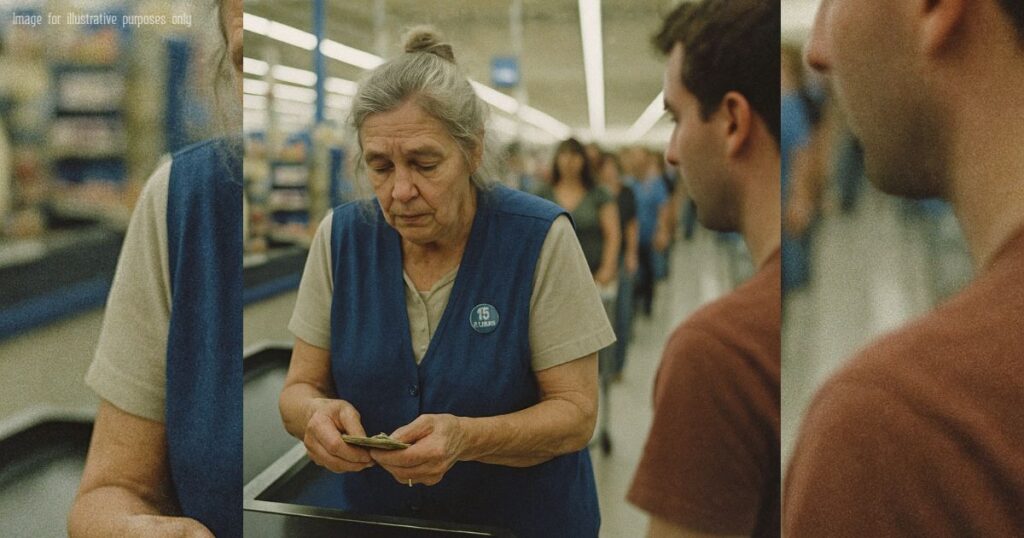“Can we split it over two months?” I heard her ask.
The owner rubbed his jaw, glanced at the shelf of parts, and nodded. “We’ll work it out,” he said. “You keep your grandkids buckled and bring me cookies sometime.”
Community is a promise we make in installments.
They walk among us.
On a sidewalk, a kid with a stutter stood at a portable mic, practicing for a school assembly.
Every third syllable caught like a fishbone.
I stayed, clapped when he finished, and asked for an encore.
When he did it again, the snag loosened.
We talk a lot about “finding our voices.”
Sometimes all we need is an audience of one that believes we already have one.
They walk among us.
A neighbor taped an envelope to a mailbox with a note: “For the postal crew.”
Inside: tea bags and a $5 bill. Not much. More than nothing.
The next day the mail came rubber-banded with a smiley face drawn in blue marker.
You don’t need a language when gratitude can take any shape.
We try to fix the world with essays and elections.
Mostly, it changes with envelopes and Sharpies.
They walk among us.
Here is the thing we forget and the thing Part 2 is trying to remember:
Kindness is not random. It is scheduled, deliberate, and stubborn. It is not a mood; it is a muscle.
We won’t solve loneliness, debt, grief, or hunger this afternoon.
But we can attack a corner of them before dinner.
We can learn the names on the name tags.
Tip in cash when we can.
Return the cart.
Hold the door.
Answer the call.
Stand between a stranger and someone else’s bad day.
Pick up the bill, the package, the heavy thing, the second shift, the slack.
We can write the short text that says, “Thinking of you,” without adding, “Sorry for the late reply.”
We can print a photo for someone who doesn’t have a printer.
We can clap in the wrong places at the school play so the kid in the back knows he is visible.
We can tell the veteran, “Welcome home.”
We can tell the janitor, “Thank you.”
We can tell the teenager, “You matter.”
We can tell the cashier, “Take your time.”
And when it’s our turn—because it will be—we can let the help land.
We can accept the pizza, the seat, the bottle of water, the grace. We can say, “I needed that,” and promise to pay it forward with interest.
They walk among us.
So do we.
Part 1 was about eyes.
Part 2 is about hands and feet.
If you’re still reading, here is your dare: pick one ordinary rescue in the next twenty-four hours.
Don’t post about it. Don’t brand it. Don’t ask for applause.
Just look up, step in, and make a small, stubborn miracle.
Then do it again tomorrow.
They are not invisible.
Neither are you.
Let’s act like it.
Thank you so much for reading this story!
I’d really love to hear your comments and thoughts about this story — your feedback is truly valuable and helps us a lot.
Please leave a comment and share this Facebook post to support the author. Every reaction and review makes a big difference!
This story is a work of fiction created for entertainment and inspirational purposes. While it may draw on real-world themes, all characters, names, and events are imagined. Any resemblance to actual people or situations is purely coincidenta


